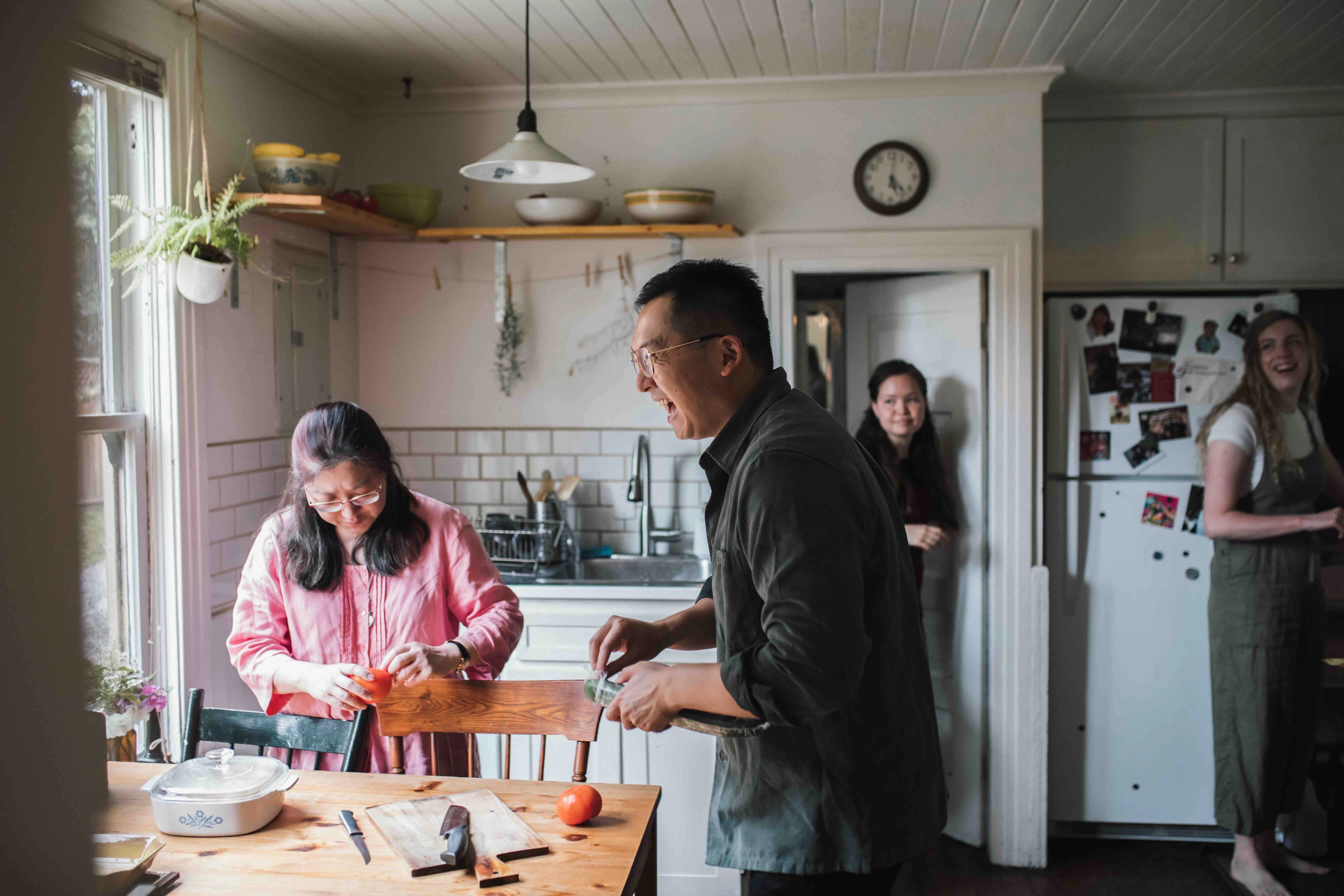Renting in Vancouver

Frequently Asked Questions
How do I get started?
- Make a trip to Vancouver about 1–1.5 months prior to your move to find accommodation (especially if you have children or are bringing furniture), or
- Plan to arrive far enough in advance to find housing and settle in before the start of Orientation and classes. Finding housing may take 2–3 weeks depending on your housing needs.
- Accommodation is generally rented on a month-to-month basis, and usually becomes available on the 1st or the 15th of every month. The best time to look for housing is in the first week of the month before you plan to move to Vancouver. For example, if you want to move in on September 1, look for a place the first week of August.
- Bring reference letters (in English) from previous landlords or employers.
- Be careful about signing contracts or sending deposits unless you have seen a rental in person or personally know the landlord. Housing quality can vary and rental scams are not uncommon.
- We recommend that you view a place before you rent it. Otherwise, you may have unexpected problems. Also, landlords often will not rent out their housing unless they meet a prospective tenant in person.
- Some families combat the high cost of housing by renting rooms to other students. Negotiate this with your landlord before signing the rental agreement or lease.
What kinds of questions should I ask a landlord?
- Does the price of the rent include costs of utilities? If so, which utilities are included (electricity, gas, internet, etc.)? If not, how much per month?
- Will there be any rent increases soon?
- Is a damage or security deposit required? How much? (the deposit required cannot legally exceed half of one month's rent)
- Do I have to sign a lease? If so, how long is the lease for? What are the penalties, if any, for early termination of lease?
- Is there parking available? Is there an additional charge for this?
- Is there laundry available? If so, is there a fee to use it?
- How much notice must I give if I want to leave?
- Are there any furnishings or appliances provided?
- Are there are any regulations about overnight guests, social gatherings, pets, etc?
- If there are problems with the appliances, plumbing, electrical outlets or heating, who will be responsible for their maintenance?
What should I inspect when I view a rental property?
- Make sure that doors are in good condition and installed with sturdy locks.
- Inspect faucets and other plumbing for water leakage. Stains on ceilings, walls, or floors may be a sign of water leakage.
- Note any cracks in walls, or along windows and doors for drafts/heat loss.
- Check electrical outlets and appliances for proper installation and to see that they are working properly.
- Refer to CMHC’s Rental Unit Evaluation Worksheet to help evaluate whether the rental property is in good condition and will meet the needs of you and your family here.
Your Rights as a Tenant
Students who are renting accommodations should familiarize themselves with legal issues around residential tenancy, including their rights as tenants. The Government of British Columbia publishes detailed information about these policies on its website; you may also find other local resources helpful in the event of uncertainty or conflict regarding rental housing.
Resources
Government of BC: Residential Tenancies – Main menu for provincial information about renting accommodation.
Government of BC: Tenancy Agreements – A tenancy agreement is a contract between a landlord and tenant. Landlords must prepare a written agreement for every tenancy.
Government of BC: Tenant Rights – An overview of tenants' legally-protected rights.
Government of BC: Contact the Residential Tenancy Branch – The Residential Tenancy Branch provides information, resources and dispute resolution services for tenants and landlords.
Tenant Resource & Advisory Centre – A non-profit organization that provides free legal education, representation, and advocacy on residential tenancy matters in British Columbia.
The Tenant Survival Guide – A great resource if you have questions about your rights or responsibilities as a tenant in the province of British Columbia.